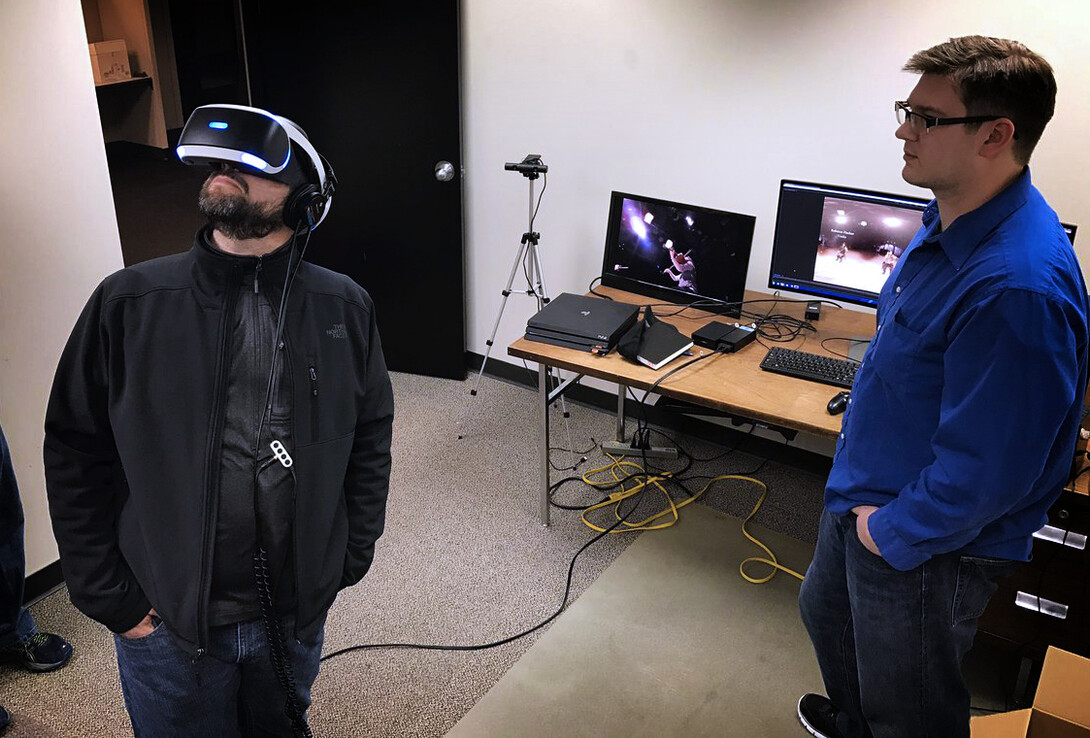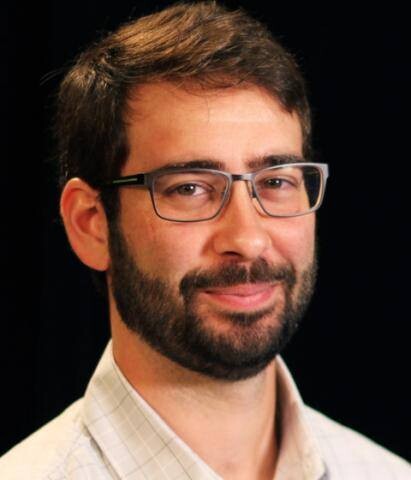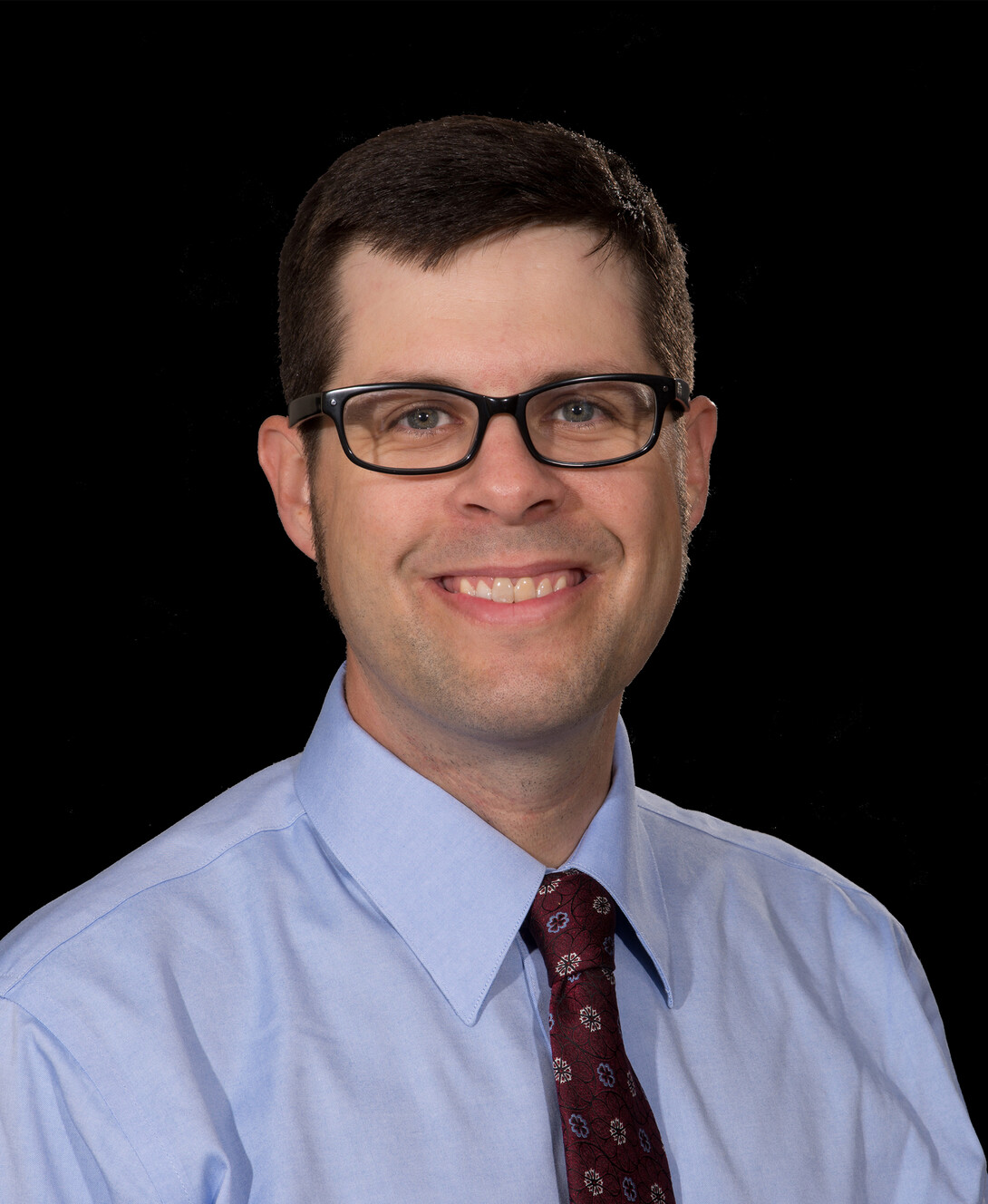
Adam Wagler and Michael Hanus, assistant professors of advertising in the College of Journalism and Mass Communications, are working with Nebraska Educational Telecommunications on a collaborative effort to test the limits of virtual reality education.

The work combines the research and expertise of Wagler and Hanus with the resources and production quality of NET. Together, they hope to use this initial test as a pilot to build a larger project focusing on local Nebraska history, virtual reality and distance education.
The overall goal is to merge virtual reality with 360-degree video to offer a mini-walking tour of Lincoln’s Centennial Mall.

Matt Waite, professor of practice of news-editorial in the journalism college, took part in the project by using a drone to scan the area around Centennial Mall. The scans will provide a digital 3-D model of the area, which will be developed into the virtual reality aspect of the tour.
The tour will also include audio and video to educate viewers on the different historical sites around the mall. The project will serve as a pilot to assess users’ feelings about virtual tours and study the ways users consume the content. As part of initial tests, Hanus and Wagler tested and compared a real walking tour of the area, a 2-D video tour and a 360-degree video.
NET will lead the production aspect of the project by developing the walking tour into a user-friendly app. Chad Davis, assistant general manager of emerging media at NET, leads the team that will produce the virtual media for the shared project. NET has already recorded 360-degree video and audio from the Centennial Mall and will use photogrammetry to convert Waite’s drone photography into a virtual space.
“Any project where we can collaborate with the journalism college holds a lot of promise for us because of the caliber of faculty and students with whom we partner,” Davis said. “But this is an especially exciting project for NET because it allows us to extend the content on our Nebraska Virtual Capitol education website while contributing to research that will help move the VR industry forward.”
Wagler said the team will use the project to launch further grant funding and research and eventually implement similar projects into curriculum, involving journalism students in the process.







